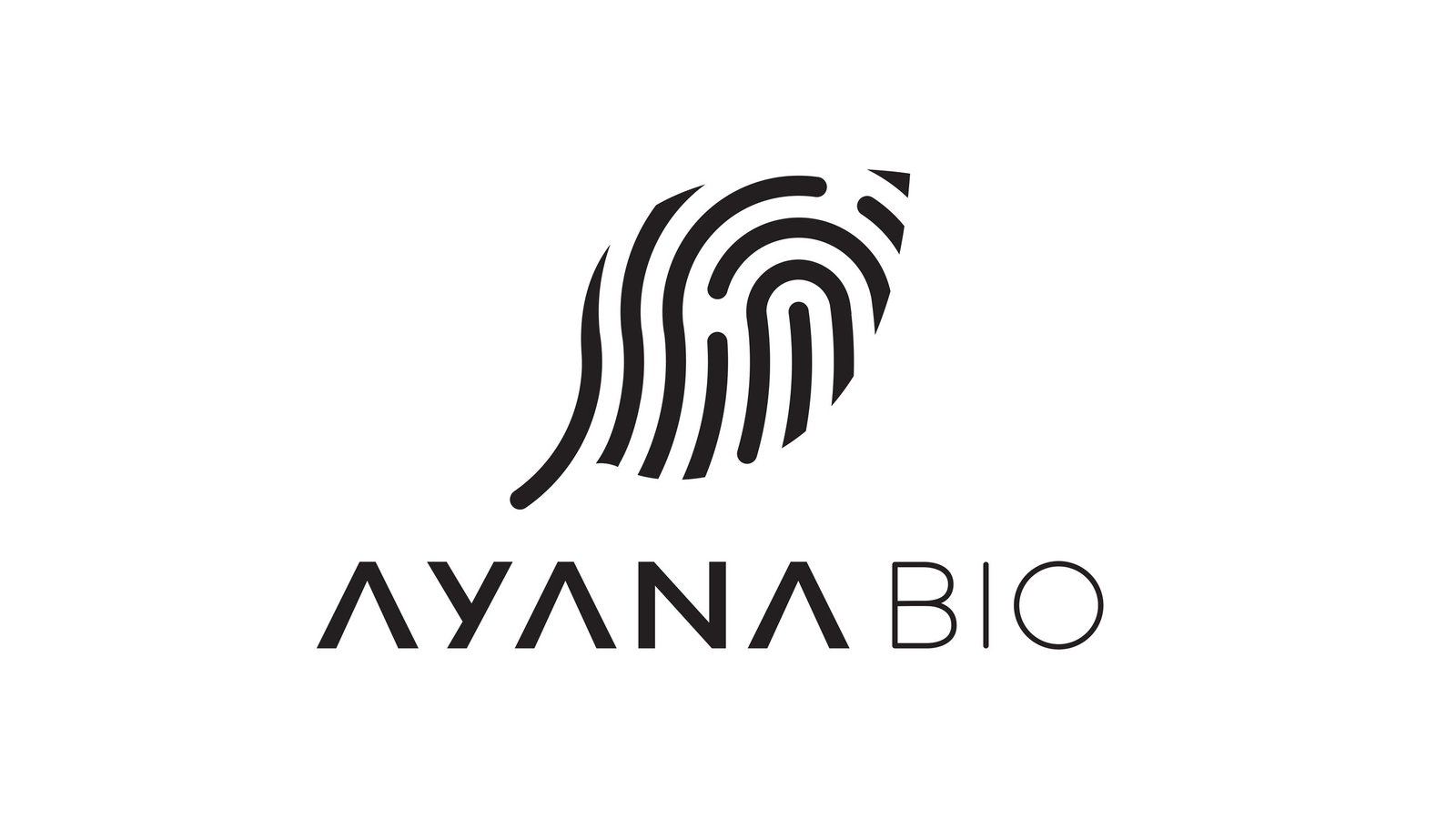Thursday, 26 February 2026

Ayana Bio’s lemon balm and echinacea are non-GMO plant powders with standardised hallmark bioactive compositions
Ayana Bio, the plant cell technology company announced the first-ever launch of plant cell-cultivated lemon balm and echinacea health and wellness ingredients, starting with the U.S. market. These products have the bioactive composition of conventionally grown botanicals and can directly replace lemon balm and echinacea in dietary supplement formulations for sleep, mood and immune support.
Ayana Bio’s products are produced using plant cell cultivation technology, a means to create plant materials without growing plants in the ground. The process begins by identifying the best plant cell lines—similar to traditional plant breeding. These plant cells are propagated from authenticated plants and are assessed to identify the ideal line for important characteristics like bioactive potency, composition and stability. Ayana Bio further optimises the conditions and nutrients the plant cells need to grow and multiply. Unlike some plants that take years to grow and mature in the ground, plant cells are fully propagated and harvested as an ingredient in just a few weeks.
Ayana Bio’s lemon balm and echinacea are non-GMO plant powders with standardised hallmark bioactive compositions. These bioactive-rich ingredients were created as alternatives to overcome the supply challenges of agriculturally derived lemon balm and echinacea. Lemon balm supports sleep and mood, and echinacea offers immune benefits, but both can face harvesting issues like adulteration, pesticides, contamination, inconsistent quality, seasonal weather variation, infection and limitation of active metabolites.
“The dietary supplement industry is in desperate need of bioactive that are traceable and more sustainable,” said Frank Jaksch, chief executive officer of Ayana Bio. “Bringing plant cell-derived health and wellness ingredients to these markets will help CPGs access the full spectrum of the bioactive characteristic of these plants without the supply chain challenges. Consumers are seeking out products for healthier lifestyles and a healthier planet.”
Plant cell cultivation avoids traditional production challenges while yielding the identical molecular composition and the same health and wellness benefits as agricultural counterparts – and can be tailored to even higher concentrations of bioactive. These plant cell-derived ingredients are DNA-fingerprint certified and clean label, with standardised phytocomplex, increased bioavailability, full traceability and a neutral taste and colour.
“Agricultural limitations have long been a hurdle in harvesting our most beneficial ingredients,” said Effendi Leonard, chief technology officer of Ayana Bio. “Plant cell technology is creating a sustainable future of standardised botanical ingredients as CPG companies partner with innovative companies to incorporate clean label bioactive across their product lines. We’re proud to be the first to commercialise the products of this technology for health and wellness in these key markets.”